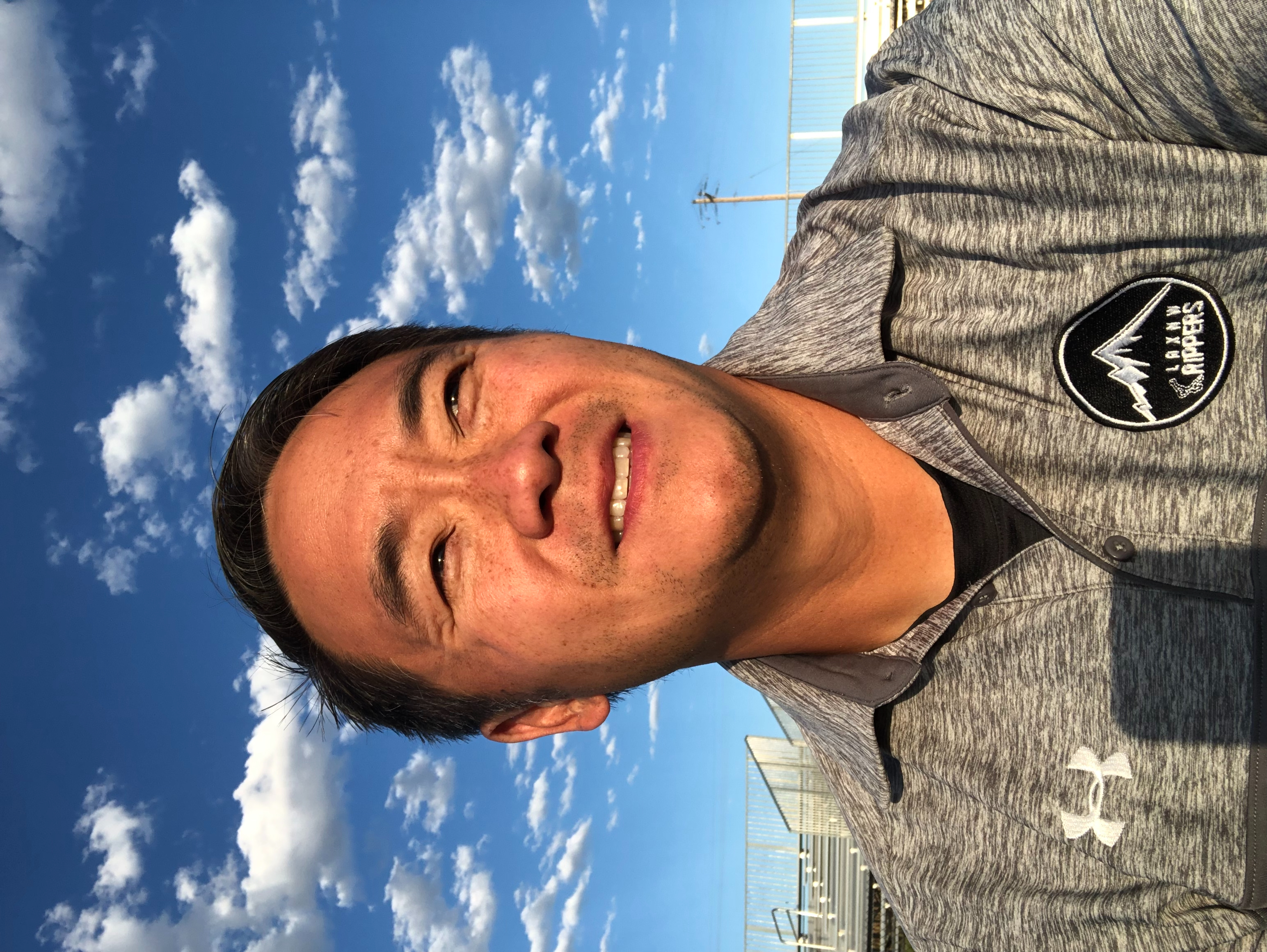Putting In The Work
- James Yoo

- May 7, 2020
- 2 min read
Updated: Apr 29, 2025

“Keep working, even when no one is watching!”
- Alex Morgan
It’s a message athletes hear often from their coaches. And while it might sound simple, it carries deep meaning when it comes to developing consistency, mental toughness, and self-leadership — the kind of qualities that set apart great athletes from good ones.
In any sport, progress doesn’t just happen during the game or when the coach is giving feedback. It happens in the quiet moments — the early mornings, the late nights, and the solo workouts when no one is watching. That’s where champions are made.
Why It Matters
Coaches hope that by the end of each practice, athletes walk away knowing two things:
What they did well, and
What they still need to work on.
That awareness is the first step. The next step is taking action outside of practice, on your own, when there’s no one there to remind you. So how do you stay motivated and intentional in those moments?
Start with Goal Setting — The Right Way
One of the most effective tools in sport psychology is goal setting. But it’s more than just saying, “I want to get better.” You need a structure that keeps you motivated in the long term and focused day to day. Here’s how to build it:
1. Set Outcome Goals (What You Want to Achieve)
These are your big-picture goals:
Long-term (e.g., make the starting lineup, win a championship)
Monthly goals (e.g., improve stats, make fewer errors)
Daily/weekly goals (e.g., complete a set number of skill reps)
These goals give your effort direction and purpose, especially when no one’s pushing you.
2. Define Performance Goals (How You Compete)
Outcome goals are about results — but performance goals are about what you can control during competition or games:
Improve your passing accuracy
Stay mentally focused between plays
Communicate effectively on the field
These goals shift your focus to the present moment, helping you stay locked in on things that actually lead to results.
3. Break It Down with Process Goals (What You Do Daily)
These are your training actions — the small, specific behaviors that build your performance:
15 minutes of visualization or mental rehearsal
Repeating a specific skill drill until you hit a target
Reviewing film or journaling progress after workouts
Process goals help you stay focused during practice and give meaning to your solo sessions.
Final Thoughts: Integrity in Action
The real question is this:What kind of athlete are you when no one is watching?
Motivation comes and goes, but discipline and clarity of purpose stick — especially when you know what you're working toward. When you take the time to set clear goals and follow through on them consistently, you're building habits that translate to long-term growth and competitive success.
So keep working — even when no one is watching. That’s when the real progress happens.
Contact us to help with your goals and motivation to practice better when no one is watching!
#keepworkinghard#keepworkingevenwhennooneiswatching#competitionready#practicemindset#goals#goalsetting#coaching#hardwork#competitionmindset#processgoals#performancegoals#outcomegoals#athlete#athletes#sport#sports#womenssoccer#girlssoccer#soccer#worldcupsoccer#womensworldcup#olympicsoccer#sportpsychology#epicsportpsychology#epicsportpsyc#highschoolsports#youthsports#collegesports#sportparent#sportsparents
60w





Comments